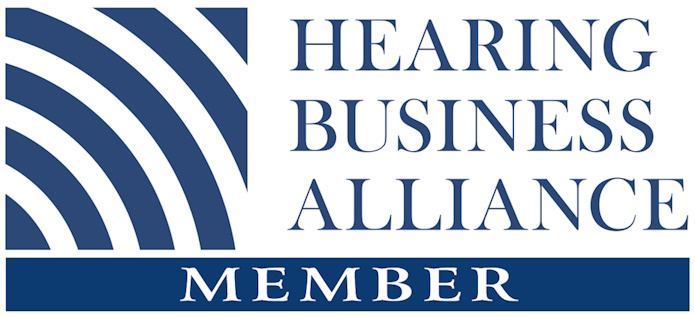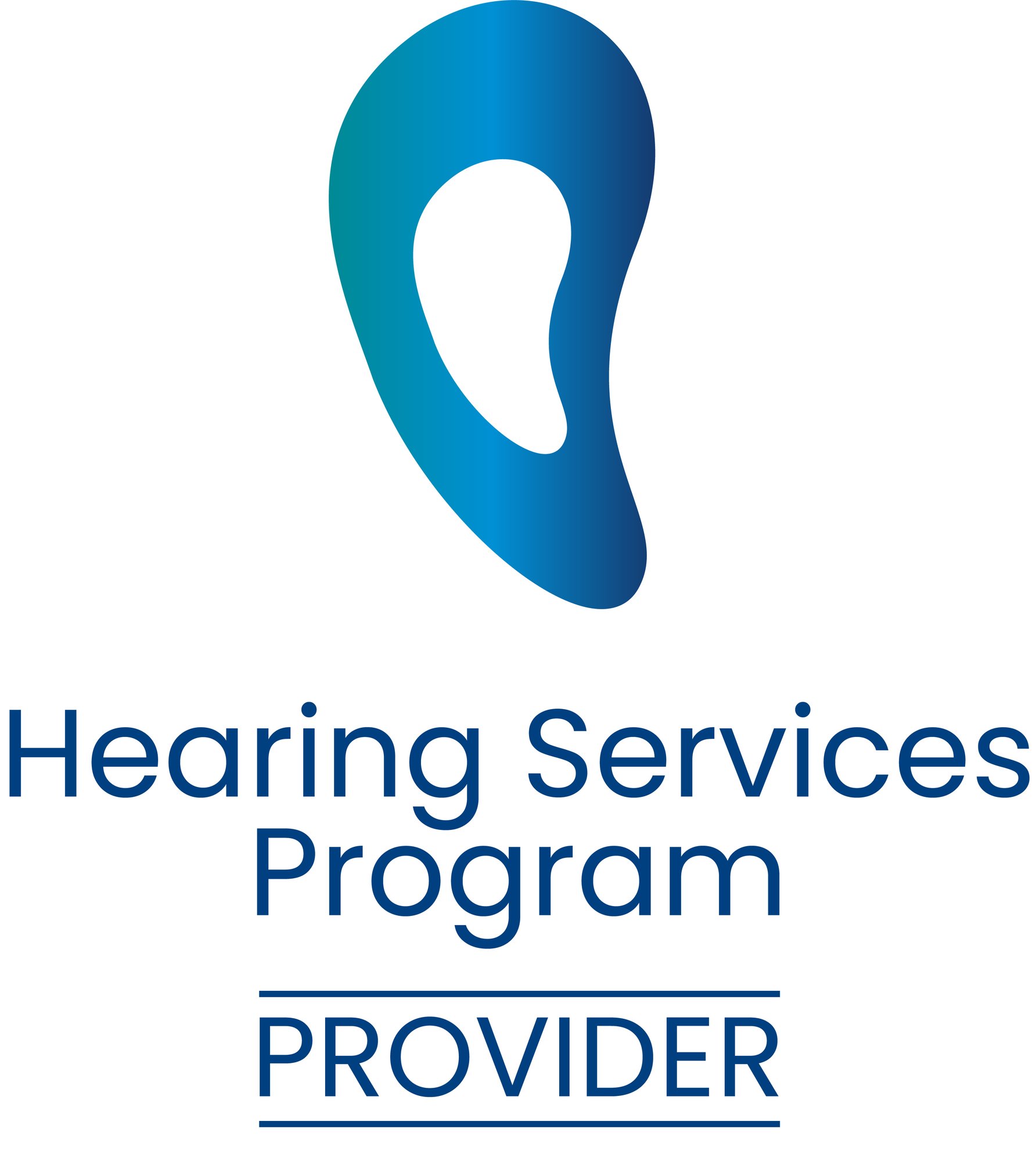Time To Read: 6 minutes
Preparing for cold and flu season can do more than just help stave off the worst of the sniffles - it will also help protect your hearing.
- When does a cold become serious?
- Have a full hearing test before cold and flu season
- Be proactive in maintaining her health
- Take commonsense precautions
- Know the difference between a cold and a flu
- Special advice for hearing aid wears
Many people don’t realise that a bad flu might permanently damage hearing.
While it is rare, the flu virus can affect the nerves in the ear. More commonly, we find that people come to us for hearing assessments after discovering that hearing has not returned to normal after suffering from a cold or flu.
Blocked or ‘stuffy’ ears is a typical side effect of a cold and flu. This occurs when congestion builds up in the middle ear, which makes it hard for sound waves to travel through the ear.
Compounding the misery is when tubes in the back of the throat, called eustachian tubes, become blocked. These regulate the air pressure in the middle ear and when they become blocked, sound and speech become muffled.
When does it become serious?
 If you suffer sudden severe loss of hearing when you have a cold or flu, then do not delay in making a doctor’s appointment.
If you suffer sudden severe loss of hearing when you have a cold or flu, then do not delay in making a doctor’s appointment.
Sudden sensorineural hearing loss is very serious and is sometimes overlooked because it is masked by congestion which can also cause temporary hearing loss.
If you find that your hearing loss occurs rapidly - over a period of a couple of days - and it is mainly affecting one ear, then make an urgent appointment to see your doctor. The good news is the condition can be successfully treated with early intervention.
Another type of hearing loss is called conductive hearing loss and symptoms include balance problems and ringing in the ears called tinnitus. Those conditions improve rapidly once you start recovering from the cold or flu. If they don’t disappear after a couple of weeks, do see your doctor to rule out any other serious condition.
We have a number of recommendations to help ensure you and your hearing is protected in preparation for cold and flu season.
Top tips to protect your hearing during cold and flu season
Have a full hearing test before flu season starts
This will help identify your baseline hearing levels. Nearly a third of all Australians will have some kind of hearing loss at age 50. Over 60 years of age that number jumps to 58% and for those over 70, the figure is 74%.
Having blocked ears due to a cold and flu with make any hearing loss even more acute.
Be proactive in maintaining your health
 A diet with a good variety of fruit and vegetables is a good way to help look after your health - and your hearing!
A diet with a good variety of fruit and vegetables is a good way to help look after your health - and your hearing!Peak flu season in Australia is between June and September. Book your flu shots in late April and into May. The benefits of the vaccine starts to wear off after three to four months, so you want to have maximum protection.
Make sure you eat well and get plenty of rest. Feeling run down may be a sign that your immune system is trying to ward something off.
Maintaining good general health is particularly important if you have autoimmune conditions.
Take common sense precautions before and during
Just about everyone knows the drill, but it’s worth doing a reminder:
- Avoid exposure to people who are displaying cold and flu symptoms
- Wash your hands regularly
- Drink plenty of fluids
- Get plenty of rest
- At the first sign of a cold, consider whether an over-the-counter decongestant might be beneficial
Know the difference between a cold and flu
Severe joint aches, fever, extreme exhaustion, coughs and headaches are common influenza symptoms
A cold may have some of these symptoms but not to the same severity. Typically, sore throats and sneezing are the most obvious markers of a cold.
Special advice for hearing aid wearers
Your hearing aids should be treated as an extension of your ears, so make sure they are cleaned regularly. If you get an ear infection you don’t want to risk reinfecting your ears with bacteria.
Reduce the chances of getting an ear infection by keeping your ears warm and dry - particularly if you’re outdoors in bitterly cold weather.
If you get an ear infection, give your ears a chance to recover and get as much air circulating around them as possible. During a severe cold or flu, you may need to take your in-the-air hearing aids out from time to time to ensure enough air is reaching the eardrum.
Further Reading
Value Hearing cares about you and your on-going hearing health. We have articles on other causes of hearing loss here.
- What Is Surfers Ear?
- What Is Meniere's Disease?
- What Is An Outer Ear Infection?
- How Noise Hurts Your Hearing (Even If You Can't Hear It)
- The Problem With Noise Needs To Be Out In The Open
- Ear Wax, Friend Or Foe?
- How To Safely Deal With Ear Wax At Home
- Health Issues That Affect Hearing


